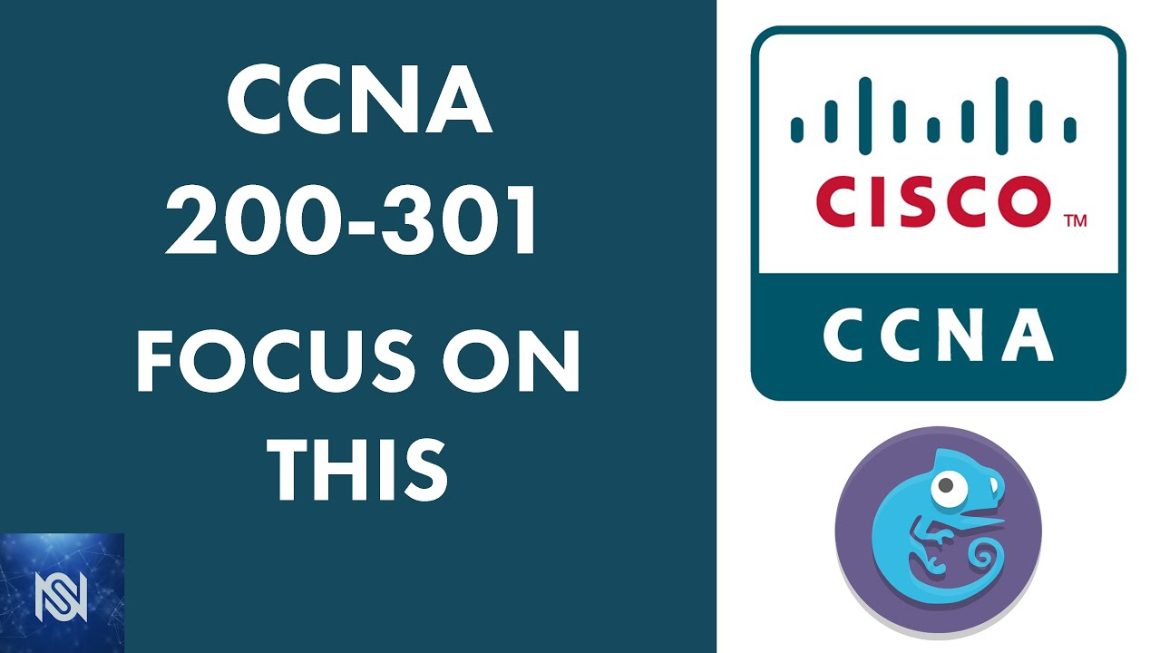In today’s competitive job market, your Curriculum Vitae (CV) has the potential to either make or break your success. Therefore, it is essential that you craft a comprehensive and well-structured document that showcases your unique qualifications, experience, and achievements. Don’t know where to start? No problem! In this article, we will delve into five crucial aspects that should form part of any winning CV in 2023.
1. Building an Impressive Contact Information Section
The very first aspect recruiters and potential employers look at on your CV is typically your contact information. It is, therefore, essential to provide accurate and updated details so that they can easily get in touch with you upon screening your application. When compiling your contact information section, make sure you include the following:
- Name: Provide your full name, including middle names if possible. You want to ensure there’s no confusion regarding your identity.
- Title (optional): Including your professional title, such as ‘Graphic Designer’ or ‘Marketing Specialist,’ can help emphasize your expertise in your field.
- Phone number: Always double-check your phone number for accuracy, ensuring it also includes the appropriate country code if applying abroad.
- Email address: Use a professional email account that contains your full name rather than using one with dubious or nickname-based addresses.
- Address (optional): Some job applications may require submitting a physical address, but including one is at your own discretion.
- Social media profiles: If relevant to your industry and showcasing your professional online presence, include links to platforms such as LinkedIn or GitHub.
2. Perfecting Your Resume Summary or Objective
A powerful resume summary or objective serves as the foundation for forming a lasting impression on recruiters and employers alike. It offers an opportunity to showcase your value proposition in the context of specific roles for which you’re applying. Remember to customize this aspect based on each job posting, ensuring that it resonates with the company’s stated requirements and goals. So, don’t wait, create a CV now and equip yourself with the necessary tools to succeed in your career aspirations.
Resume Summary
A resume summary is ideal for professionals who have amassed significant experience and expertise in their chosen field. In a few brief sentences, highlight career-specific accomplishments and strategic skills that demonstrate your ability to contribute meaningfully to a prospective employer. Focus on presenting quantifiable achievements (e.g., “Increased sales revenue by 40% within the first year”) and unique attributes that set you apart from other candidates.
Objective Statement
On the other hand, an objective statement might be more appropriate for individuals new to a particular profession or making a deliberate career shift. Instead of relying on direct experience, emphasize transferable skills and overall career goals aligned with the job position sought. Use phrases like “seeking to amplify my expertise in project management” or “looking to leverage extensive customer service background in a digital marketing role.”
3. Detailing Your Relevant Work Experience
The work experience section of your CV not only provides insights into previous employment but also reinforces why you’re suitable for a given position. To ensure this section showcases your true potential, consider the following strategies:
- List positions in reverse chronological order: This format enables employers to quickly assess how recent a candidate’s experience may be, making it easier to prioritize applications.
- Be strategic about incorporating keywords: Many organizations rely on Applicant Tracking Systems (ATS) to screen CVs, so analyze each job listing and incorporate essential keywords pertaining to your roles and responsibilities in that particular context.
- Quantify achievements: Wherever possible, use numbers and percentages to showcase specific outcomes that you’ve influenced or triggered, e.g., “Reduced operational costs by 30% through process optimization.”
- Emphasize transferable skills: If you lack direct experience in a relevant field, highlight instances where you’ve employed transferable skills such as problem-solving, team management, or communication in other domains.
4. Outlining Your Academic Background and Credentials
Your educational background is just as crucial for employers to gauge your suitability, particularly if you’re undertaking a career change or applying for entry-level positions. Some critical pointers to keep in mind when presenting this information include:
- List degrees in reverse chronological order: This approach makes it simpler for recruiters to assess your most recent qualifications and certifications.
- Highlight academic accomplishments: For those with fewer professional experiences, it is worthwhile to mention any notable academic distinctions or awards, as they can demonstrate key competencies expected in the workplace.
- Include any relevant coursework or training: In some cases, specialized courses or workshops may be directly applicable to a potential position – make sure to mention these as part of your credentials for added credibility.
5. Showcasing Additional Skills, Achievements, and Interests
The final aspect of any winning CV is the inclusion of relevant skills, achievements, and interests that might not be obvious at first glance. This can include:
- Additional languages spoken: Bilingual or multilingual candidates often have an edge in today’s increasingly globalized market.
- Technical and software proficiencies: List any tools or applications you’re proficient in, especially if they are industry-specific or mentioned as essential requirements in job posts.
- Volunteer experience: Any pro-bono work that demonstrates your dedication to specific causes or showcases transferable skills can add a unique touch to your CV.
- Hobbies and extracurricular activities: While optional, including some well-chosen interests might help personalize your application and foster connections with potential employers.
Remember that even as trends change and technology advances, the overall structure and content of your CV will remain crucial for career success. By focusing on these five essential sections, you’ll be taking proactive steps to position yourself favorably among recruiters and potential employers alike – increasing your chances of landing that dream opportunity.



